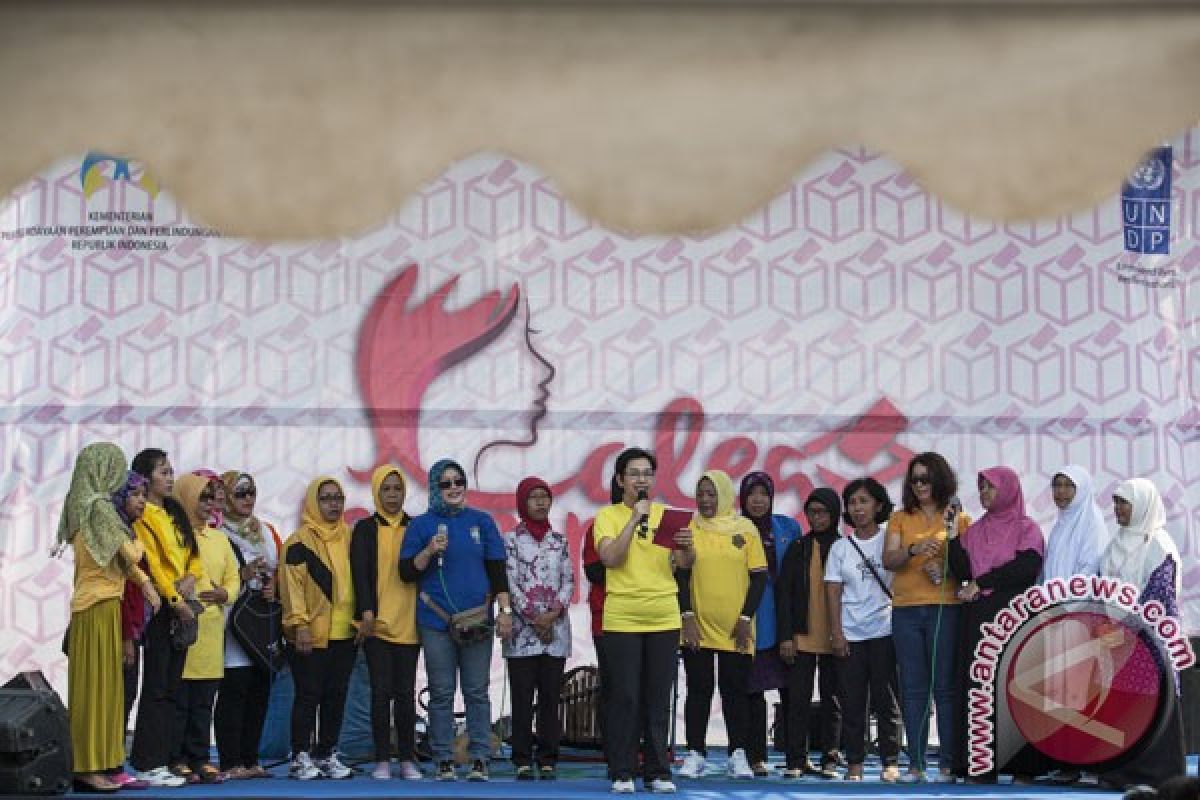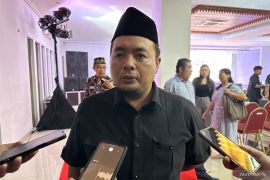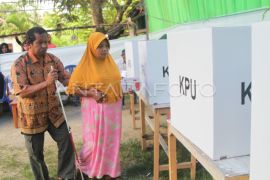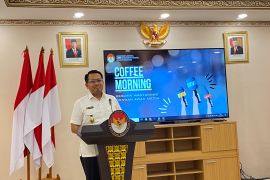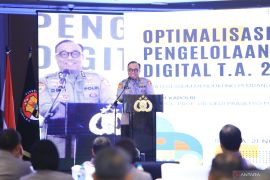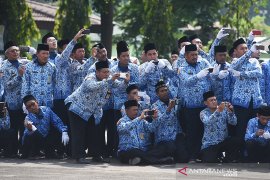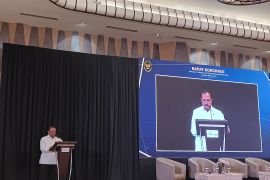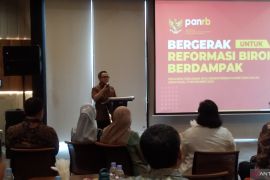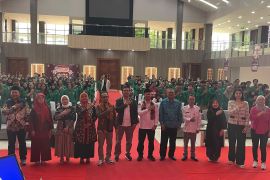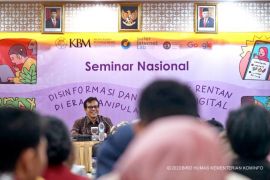In a bid to achieve gender equality and promote womens rights in Indonesia, the country needs to put more women in parliament, which is responsible for legislating laws that are critical to changing the situation of women.
A parliament with a higher percentage of women can pass more laws on education, health, social protection, and gender equality.
Therefore, female legislative candidates for the upcoming legislative elections on April 9, 2014 in Indonesia are being called upon to fight for gender equality in the country.
"Nowadays, we see that women are restricted to being housewives only, while in reality they are able to do many things. Therefore, we will fight for gender equality," Baidari Citra Dewi, a female legislative candidate from the National Democrat Party (NasDem) in Bengkulu province, said while campaigning on Thursday.
She noted that it is time for the women in Bengkulu to be more advanced, creative and innovative.
"Gender equality does not necessarily mean that women and men will have the same status. Certainly, there are special norms to follow, but women and men have equal rights in terms of creativity and innovation," she noted.
Therefore, Baidari said she will make an effort to defend the rights of women, so they would no longer be marginalized.
"Domestic violence, in general, is caused by economic issues, but if women are able to produce a creative product, it will raise the economic status of the family and reduce violence," she said.
According to Baidari, 50 percent of the women in Bengkulu remain poor, with few employable skills.
"But we do not want economic hardship to force them to seek jobs abroad as illegal migrant workers, because we still have abundant natural resources that can be channeled into creative industries," she said.
In addition, the women legislative candidates in the upcoming legislative elections are required to focus on the interests of migrant workers, who are mainly women with poor educational backgrounds,
"The female legislative candidates have a lot of homework to do. They have to strive to improve the fate of migrant workers, made up of a majority of poorly educated women," Indonesian Unity and Justice Party (PKPI) legislative candidate Bea Larasati Iskandar said here on Saturday.
She noted that migrant workers have long been spoken of as heroes, but ironically they never received government policies favoring them.
"They still must fight alone for their fate, without receiving adequate protection from the government, and now is the time for female legislators to fight for migrant workers," said Bea, who has been involved in politics for more than 14 years.
Bea pointed out that various legal regulations have been created for migrant workers, but have yet to be properly enforced.
"Migrant workers have made many contributions to the state, but they have received nothing in return from the government. Therefore, female legislators should fight for them," Bea said.
Meanwhile, micro economic observer Teguh Boediyana has said that female legislative candidates should also strive to improve the micro economy and informal sectors, which have been controlled by women.
"Women representatives in parliament should be able to fight for the interest of the micro economy and formal sectors," Teguh said here on Saturday.
He noted that micro economic development, in terms of creating legislation, is needed because there are few policies that favor micro economic players, most of them being women.
"Therefore, we need more women representatives in parliament, and they are required to have the ability to develop the micro economic sector," Teguh said.
According to Teguh, the female legislative candidates should have the ability to create pro micro economic legal regulations, because the sector is expected to become the backbone of the nations economy.
In the upcoming legislative elections, women representatives in parliament are predicted to reach 20 to 30 percent, and therefore they have to make every effort to introduce themselves to the public.
A political observer in Bali, Made Suantina, has opined that the female legislative candidates are believed to be more serious in defending the hopes of the public.
"At least the female legislative candidates are currently building their images and trying to properly carry out the mandates of the people when they are in parliament," Made said in Denpasar on Saturday.
He pointed out that, seen from political psychology, the women in parliament have larger responsibilities in forming an honest government to build the nation.
"It is possible, because unlike men, women in general involve their feelings and emotions in running their tasks," he said.
(O001/ INE/A014)
(O001/KR-BSR/A014)
Reporter: Otniel Tamindael
Editor: Jafar M Sidik
Copyright © ANTARA 2014
